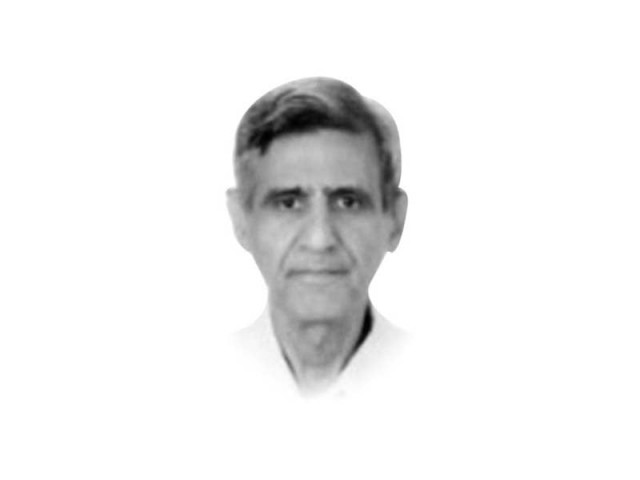Minerals: last hope for Pakistan
.

Pakistan has finally taken the initiative to tap into its vast mineral resources, inviting investors from around the world to explore and extract its wealth. This move comes after more than seven decades of realising the country's potential, but better late than never, as they say. However, the question remains whether Pakistan will reap the full benefits of its mineral riches or merely settle for crumbs from the table.
The government's decision to open up its mineral sector to foreign investors has sparked excitement, but concerns linger about the potential outcomes. The first major venture, a gold and copper mine in Reko Diq, Balochistan, has attracted Canadian giant Barrick Gold, along with Pakistani companies PPL, OGDCL, Mari Gas and GPHCL, as well as the Government of Balochistan. While this partnership may bring in much-needed foreign investment, it also raises questions about the distribution of profits and the potential for value-added processes within the country.
Unfortunately, Pakistan's track record in joint ventures with foreign companies has been less than impressive. In many cases, foreign investors have reaped the lion's share of profits, leaving the host country with minimal benefits. This is particularly concerning in the mineral sector, where the extraction and processing of raw materials can have significant environmental and social impacts.
One potential solution to this problem is to develop a robust mineral industry within Pakistan, one that can suck in local businesses and create a robust infrastructure for value-added processes. By doing so, the country can build a strong foundation for its mineral sector, enabling it to negotiate better deals with foreign investors and retain a greater share of the profits.
However, this approach requires careful planning, investment in local capacity building and a willingness to take a long-term view. It also demands a stable and secure environment, which is currently a major concern in mineral-rich provinces like KP and Balochistan. The ongoing insurgencies in these regions pose a significant threat to the government's plans, and it remains to be seen whether the authorities can create a conducive environment for investment.
Another critical issue is the need for transparency and accountability in the mineral sector. Pakistan's mineral resources are a national asset, and their extraction and sale should be transparent and subject to public scrutiny. The government must ensure that the benefits of mineral extraction are shared equitably among stakeholders, including local communities, and that the environmental and social impacts are carefully managed.
In addition, the government should prioritise the development of local industries that can benefit from the mineral sector, such as manufacturing and services. This can help create jobs, stimulate economic growth and reduce the country's reliance on imported goods. By building a robust and diversified economy, Pakistan can reduce its vulnerability to fluctuations in global commodity prices and ensure that its mineral wealth benefits the broader population.
The Reko Diq project is a test case for Pakistan's ability to negotiate favourable deals with foreign investors. The government must ensure that the agreement with Barrick Gold and other partners is fair, transparent and beneficial to the country. This includes ensuring that the revenue-sharing model is equitable; that local communities are consulted and involved in the project; and that environmental and social impacts are carefully managed.
Holistically speaking, while Pakistan's decision to open up its mineral sector to foreign investors is a welcome step, the government must be cautious in its approach. By developing a robust mineral industry, prioritising transparency and accountability and investing in local capacity building, Pakistan can ensure that its mineral wealth benefits the broader population and contributes to sustainable economic growth. Anything less would be a missed opportunity, and the country would be left with little more than crumbs from the table.
















COMMENTS (6)
Comments are moderated and generally will be posted if they are on-topic and not abusive.
For more information, please see our Comments FAQ